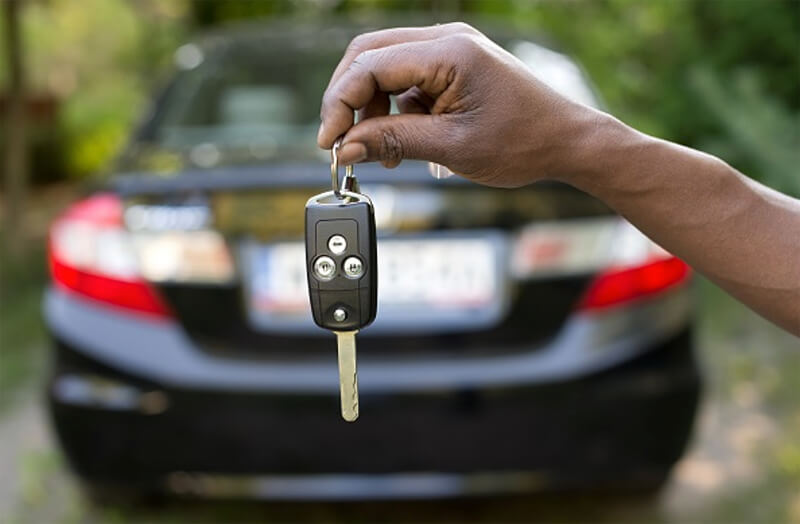
Loan Lawyers, LLC is licensed to practice law in the state of Florida. If you have a legal matter that you would like to discuss and you are NOT located in Florida, please contact your state’s Bar Association to get the information of a lawyer who can assist you in your home state. Thank you.
Fla. Stat. § 537.012 applies the repossession and disposal of pledged property. In the case of repossession, the term “pledge” is used to describe the motor vehicle which is the secured collateral for a motor vehicle purchased on credit. If a vehicle is purchased on credit, the lender holds contract rights to the vehicle until payment is made in full. If a borrower fails to make payment, a creditor may have the right to repossess the vehicle car without warning or court approval. Florida law prescribes how a creditor may repossess a vehicle and resell it to recover for the underlying debt.
Pursuant to the sales agreement, a car lender typically has the legal authority to seize a car when the borrower defaults as defined in the agreement. Once in default, a creditor may repossess the motor vehicle at any time without prior notice and may even enter the property of the car’s owner to repossess the vehicle. If a creditor commits a “breach of the peace” by using physical force or threats of force, it may be subject to liability for damages.
Once a creditor repossesses a vehicle, the clock starts to tick and a consumer has only so much time to recover the vehicle prior to its auction or sale. An attorney may negotiate for the car’s return, but this is very unlikely since the creditor is in the current position of minimizing its losses. Repossession furthers this goal. Of course, the owner of a vehicle may buy it back for the balance of the loan and any repossession fees, but this is typically unlikely for obvious reasons related to the owner’s inability in the past to make monthly payments as required.
A more viable solution if a car is repossessed is the filing of a Chapter 13 bankruptcy case. This will prevent the auction or sale of the repossessed vehicle while compelling the creditor to return the vehicle as soon as possible. Also, a bankruptcy debtor may qualify to cram down the automobile loan, which modifies the debt’s contract for future payments by creating new (and more beneficial) payment provisions, usually related to the interest rate and term of the loan. A debtor may also “cram down” investment property mortgages, or other loans for items of personal property such as household goods, electronics, and furniture, but may not cram down a mortgage on a principal place of residence.
Our experienced Fort Lauderdale auto repossession attorneys are here to help you explore your options to resolve problems with the repossession of a motor vehicle. To schedule a free consultation at any of our three conveniently located offices, contact Loan Lawyers today by calling 954-523-HELP (4357).
- About the Author
- Latest Posts


























